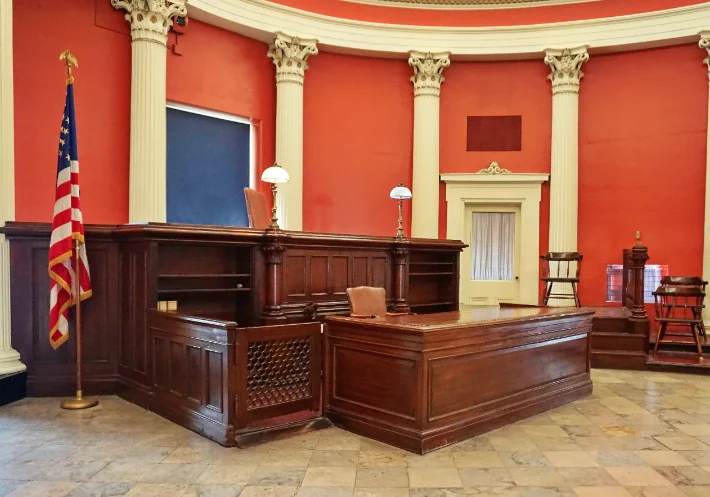People often wonder why others would want to do public record checks, inmate lookups, arrest record searches, and court records. While it’s always possible that some people perform inmate searches or arrest record searches out of curiosity or for negative reasons, such as those people who seek to find out negative information about their old partners or spouses, there are also legitimate reasons for searching records.
In general, it’s best to approach inmate searches and requests for information with a valid and legitimate reason, such as for safety concerns or legal research. Inmate information can be protected by privacy laws and people can sometimes only access these searches if they have specific, valid, legal needs. However, if you desperately need this private information and documentation about an inmate, then you could use one of the top background check sites to try and delve into and access the information regarding the inmate.

Here are a few of the legal and valid reasons that people might have for performing inmate lookups, arrest record searches, and background checks.
Safety Concerns
People may want to find out who is in jail to determine if someone who has committed a crime against them or their family is currently incarcerated. Knowing the location of a dangerous relative or perpetrator can be important for victims’ safety and mental well-being and can help them to make decisions about where to live, how vigilant to be, and how to stay safe.
Location-specific searches, such as a Tarrant County inmate search can help with this. While most victims aren’t pursued by past violent offenders, that isn’t always the case. For these victims, keeping a close eye on the person who hurt or threatened them is an essential step in moving forward with their lives.
Genealogy Research
Surprisingly, some people use old inmate lookups and court records to help them research the past lives of ancestors. Genealogists and curious family members may want to research their family tree and find out if any relatives have been incarcerated in the past. This can provide insight into their family history and help them understand their roots.
They can also use information about incarcerated relatives and ancestors to help them to establish links between various family members, find out where relatives were living at different times, and help explain blank or missing sections of their family tree.
Landlord Tenant Screening
One legitimate use for arrest records and background checks is by landlords screening potential tenants. There were several background check site that were commonly used by individuals and businesses for various purposes, including employment screening, tenant verification, and personal background checks. Landlords need to know if a potential tenant has a criminal history, including any past incarcerations, as this can impact their decision to rent to them. The methods that landlords can use are limited, and the laws are different depending on what state and locality their rental houses are located in.
Landlords don’t usually want to know the entire past history of their potential tenants, and they aren’t snooping. Rather, they need to know about past property damage, evictions, and other problems that could directly impact their property or be red flags about the potential tenant and the way they will take care of the property.
Business Partnerships
Individuals may want to research the criminal history of potential business partners to ensure they are not partnering with someone who has a history of fraud or other criminal activity. When researching business partners, investors and business owners will want to evaluate the person’s past for fraudulent activity or criminal cases associated with the business or economic situation of the person.
They might also want to find information about civil cases and lawsuits that could show a pattern of instability, bad business practices, or poor financial choices. The methods and processes that owners can use to find this past history may be quite limited in some states unless the potential partner provides access.
Legal Research
Lawyers and law students may want to research past criminal cases and study the criminal history of defendants to prepare for future cases. They will sometimes use criminal records and arrest records in their research of specific cases, as well as in broader research into trends and data.
Using arrest records and court records to help learn more about how cases are tried and what legal defenses are used and why can help lawyers use past cases to prepare for future cases.
Public Records Requests
One of the more common uses for public records and court records is that done by journalists. Journalists and researchers may need to access jail records as part of their investigation into criminal justice issues or to gather data on the incarcerated population.
They may also need access to records in order to research specific cases and people in the course of documenting and writing about historical events, local issues, and broader cultural trends.
Conclusion
The reasons and needs for accessing arrest records, background records, and court records are varied and diverse. The methods and information that are needed can also vary depending on the needs and research being done. While a few people may perform these record checks for less-than-ethical reasons, most inmate and arrest information is being used for legitimate research or safety reasons.
It’s important to note that in many cases, access to jail records and inmate information may be restricted due to privacy concerns or legal restrictions, so it’s important to check the laws in your area before conducting a search.






